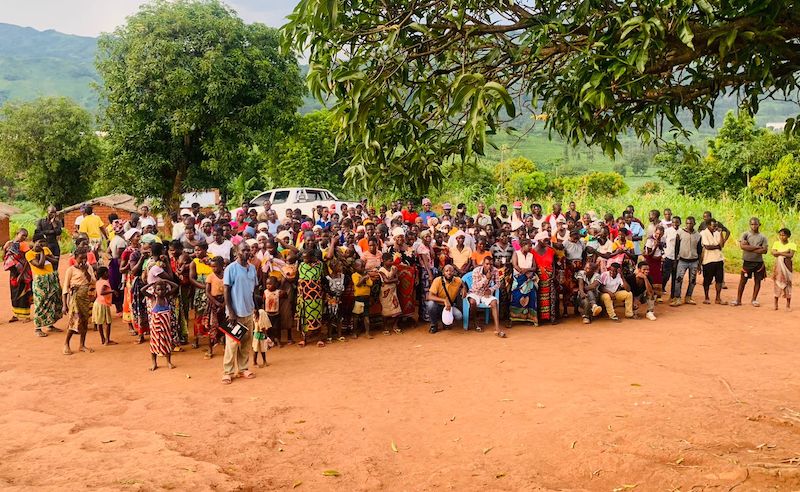Solidaridad recently hosted a series of gender and social inclusion (GESI) dialogues across Southern Africa through the RECLAIM Sustainability! Cotton, Tea, and Africa Foods Programme. The dialogues provided a space for smallholder farmers, especially women and youth, to share their voice and provide insights on inclusive value chain opportunities, constraints, and experiences.
The Solidaridad gender team visited districts and farming communities in Malawi, Mozambique, and Zambia, engaging hundreds of smallholder farmers, commodity specialists, union representatives, policymakers, district agricultural officers, and interest groups across tea, cotton and horticulture value chains. They utilized a co-creation strategy that encouraged creativity and integrated indigenous and local knowledge to develop new approaches to gender equity and social inclusion.
Feedback from the GESI sessions showed:
- The need for farmer-led approaches at the local level to address widespread gender and social inequality across commodity food ecosystems,
- How assessments of food ecosystems can help with mapping multidimensional challenges and opportunities,
- The areas where advocacy efforts are needed to strengthen technical and financial capacity, access to on- and off-farm assets, gender inclusive technology, and areas where greater peer-mentor support is necessary.
Solidaridad is committed to promoting gender equity in agriculture. In the Reclaim Sustainability programme, women farmers make up 50 percent of participants across our commodity work. Technical and extension services help women and men farmers implement good agricultural practices, access markets, and better manage inputs. Women like Meckdrina Kooze and Babara Chapola have benefited from this valuable training.
As part of Reclaim!’s fruit and vegetable programme, Kooze received agricultural training best practices for organic farming, biological pest management, Global Gap, and good safety training. Despite these efforts, Kooze continues to face numerous challenges, including market access, transportation, irrigation, water harvesting, and financial literacy. The same is true for Chapola, who received training and is proficient in safely applying fertilizer and pesticides , dealing with disease and pests, and practicing general agronomy. However, she continues to struggle with access to water for irrigation, and selling and marketing her produce.
These experiences of these women illustrate the barriers faced by women in agribusiness and the importance of dialogue. Despite the training and information provided by Solidaridad programmes, there is a need for sustained interventions to support women as they overcome these barriers and improve their livelihoods.
Applying the learnings
Based on these, and other experiences shared in the dialogues, Solidaridad will work to increase the ability of women and young farmers, miners, and workers to stand up for their economic rights and claim a better position in supply chains. The dialogues have validated the need to advocate for inclusive policies and business models, trade and investment for women.
In addition to advocacy, Solidaridad will take the following steps:
- Develop scorecards to promote companies that prioritize inclusive business practices and give them a competitive edge over those that lag behind.
- Engage with agri-tech companies to develop gender-sensitive innovations to support gender equity on a large scale.
- This will require supporting producers and stimulating an enabling environment at the market level.
- Conduct multi-stakeholder engagement at local and national levels to advocate for women and youth in agri-agribusiness.

